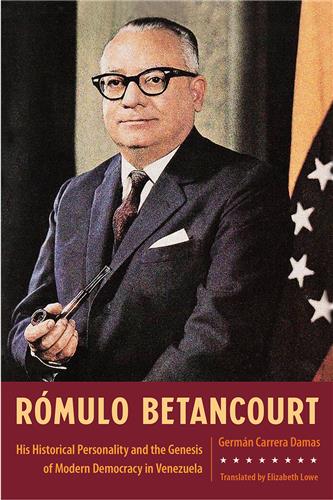This volume offers new insights into revolutionary Cuba’s global influence by shifting the focus from high-level political leaders to overlooked dimensions such as everyday lives, family dynamics, and notions of gender and sexuality.
Browse by Subject: History
Please note that while you may order forthcoming books at any time, they will not be available for shipment until shortly before publication date
This social history explores the romantic and sexual lives of the poor and working class in Mexico City during the rule of dictator Porfirio Díaz, showing how everyday experiences were shaped by broader changes taking place as the Mexican state modernized and underwent capitalist growth and development.
Through the story of Manuel Rionda, a leader in the international sugar trade in the first half of the 20th century, this book offers an in-depth view of Cuba's sugar industry and economy before the Cuban Revolution.
This book tells the modern-day adventure story of Brothers to the Rescue and the Cuban refugees they flew to safety, written in collaboration with the group's founder, José Basulto.
This book analyzes how digital-native audiovisual satire has become increasingly influential in national public debates within Latin America. Paul Alonso examines the role of online video creators in critiquing politics and society and amplifying public discourse, filling gaps left by traditional media and journalism.
Yvonne Conde presents poignant stories from individuals who left Cuba between 1960 and 1962 in one of the world’s largest political exoduses of children.
This book compares the sociopolitical processes behind two major revolutions—those of Cuba in 1959, when Fidel Castro came to power, and Venezuela in 1999, when Hugo Chávez won the presidential election.
This volume explores the local specificities and global forces that shaped Jewish experiences in the Americas across five centuries, illuminating the culturally, religiously, and politically diverse lives of Jewish minorities in the Western Hemisphere.
Bringing together an unprecedented number of extensive personal stories, this book shares the triumphs and heartbreaking moments experienced by some of the first Cubans to come to the United States after Fidel Castro took power in 1959.
Available here for the first time in English, this book is an extended essay on a transformational figure in Venezuelan history who overthrew the ruling military dictatorship in the 1940s and established a modern democratic regime.











